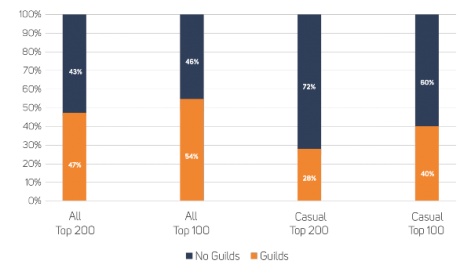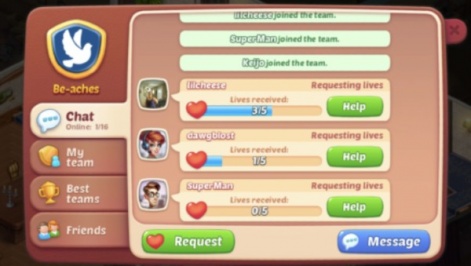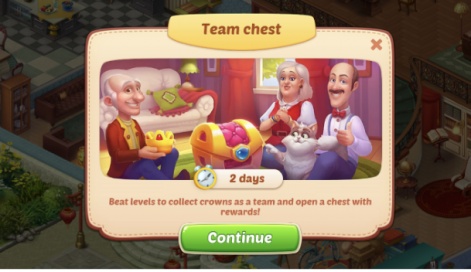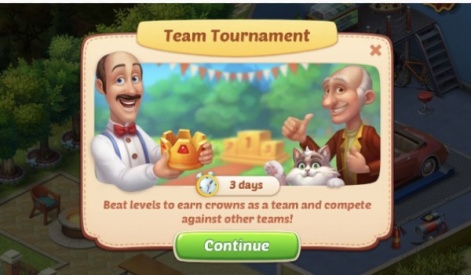Wilhelm Voutilainen is senior game analyst at leading mobile game feature data provider GameRefinery.
Guilds act as a hub, enabling the introduction of other social features.
Examples includes donating and borrowing in-game items, co-op play, and communal activities to complete high level goals such as guild wars.
But first and foremost, guilds help players find communities — people with similar playing styles, interests, and levels of engagement.
Traditionally, guild mechanics have been a must-have feature in many midcore genres, such as strategy and RPG games.
Casual games have, however, tended to avoid them, relying on much lighter social elements such sending lives and gifts to friends or comparing high scores.
However, casual games have started to adopt guild mechanics at an increasing pace.

The chart above illustrates how guild mechanics are now a popular feature in all genres, but when looking at casual games the rate of adoption drops drastically.
Yet we can see that guilds become a more popular differentiating feature at higher grossing ranks, becoming more common in the top grossing 100 vs the top 200.
Guild mechanics have seen a significant increase in adoption among casual games, and particularly among top match-3 games, such as Playrix’s Homescapes, Gardenscapes and Fishdom.
How top casual games have introduced guilds
Casual games usually introduce guild features in stages.
The foundation for guild features is introduced first, typically with a simple implementation. This is followed by an update a few months later that brings more in-depth features, such as co-op tasks and guild tournaments.
- Step 1: Laying down the foundations
Homescapes released guilds with chat and a simple send/ask help feature where members could send lives to each other.
Players were then rewarded for doing so with soft currency.


- Step 2: Adding depth through co-op mechanics
After introducing the foundation for guilds, deeper guild related features follow a few months later.
These updates tend to include various co-op features such as tasks or competitive guild tournaments.

Homescapes added a Team chest event that is a co-op guild task where members beat levels to gain crowns (“points”).
These points fill a communal pool, which then unlocks the team chest reward for the whole guild.

Team Tournament was also added to Homescapes soon after the introduction of guilds. The event is a simple co-op competition on which guild collects the most crowns.
Guilds earn crowns in a similar way to the Team Chest event. Top guilds get rewarded with soft currency, which is distributed between guild members.
Final thoughts
Via this step-by-step roll-out of guild mechanics, casual games have not just increased their feeling of community and social features.
They have built a solid foundation for any future social mechanics, features, and events they might come up with.
Moreover, by using this approach, games can improve player engagement and loyalty without overwhelming casual players with very complicated mechanics from the get-go.
When we look at the big picture, it’s clear that social elements are trending across mobile games.
Guild mechanics are showing up in more and more casual games, and this is just one sign that players today are not just lone wolves but enjoy playing with others and building communities.
Recap
- Guilds are not as common in casual games as they are in other genres, but the tide is turning as guild features are starting to pop up in top casual games.
- Many casual games use a similar “roll-out blueprint” for guilds and guild related features; first implementing a basic foundation and then building deeper co-op mechanics around that.
- Guild mechanics in casual games are still kept simple, making it easy for casual audiences to engage in social interaction and learn these new mechanics.
To find out more details about how GameRefinery uses its methodology to create actionable insights, please visit GameRefinery and try the service for free.






















